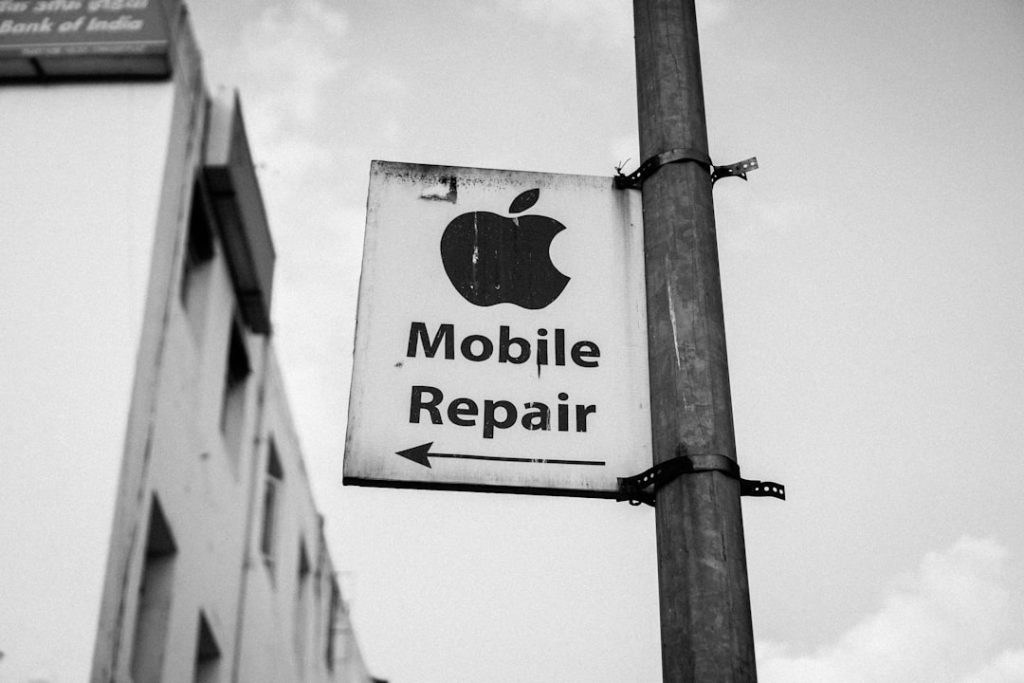Will AI Take Over Digital Marketing Jobs?
The rise of artificial intelligence (AI) has sparked a lot of questions about the future of work. One of the most pressing: Will AI replace digital marketers?
Let’s dive into what AI can do, where it falls short, and how digital marketers can stay ahead of the curve.
What Can AI Do for Digital Marketing?
AI is already making waves in digital marketing. Here are a few areas where it shines:
- Automation: AI can automate repetitive tasks like social media posting, email marketing, and ad campaign management.
- Data Analysis: AI algorithms can analyze vast amounts of data to identify trends, patterns, and insights that humans might miss. This helps in understanding customer behavior and improving targeting.
- Personalization: AI can personalize content, product recommendations, and user experiences based on individual preferences. Think of Netflix suggesting shows you might like – that’s AI at work.
- Chatbots: AI-powered chatbots can provide instant customer support, answer questions, and guide users through the sales funnel.
- Content Creation: AI tools can generate blog posts, social media captions, and even ad copy.
Where Does AI Fall Short?
Despite its capabilities, AI isn’t perfect. Here are some areas where human digital marketers still have the edge:
- Creativity and Innovation: AI can generate content, but it often lacks the creativity and originality of human writers and designers. AI struggles with truly innovative campaigns that break new ground.
- Emotional Intelligence: Marketing is about connecting with people on an emotional level. AI lacks the empathy and emotional intelligence needed to build strong relationships with customers.
- Critical Thinking: AI can analyze data, but it can’t always interpret the nuances and context behind the numbers. Human marketers are needed to make strategic decisions based on a deeper understanding of the market and customer needs.
- Adaptability: While AI can learn and adapt, it can struggle with unexpected changes in the market or customer behavior. Human marketers are more agile and can quickly adjust strategies in response to new developments.
- Ethical Considerations: AI algorithms can sometimes perpetuate biases or make unethical recommendations. Human oversight is needed to ensure that marketing campaigns are fair, transparent, and responsible.
The Future: AI as a Tool, Not a Replacement
The most likely scenario is that AI will become an increasingly valuable tool for digital marketers, but it won’t replace them entirely. Instead, AI will augment human capabilities, freeing up marketers to focus on higher-level tasks like strategy, creativity, and relationship building.
Digital marketers who embrace AI and learn how to use it effectively will be in high demand. Those who resist AI risk falling behind.
How to Future-Proof Your Digital Marketing Career
Here are some steps you can take to stay relevant in the age of AI:
- Develop Your Creative Skills: Focus on developing skills that AI can’t easily replicate, such as writing, design, and video production.
- Enhance Your Strategic Thinking: Learn to think critically and strategically about marketing goals, target audiences, and campaign performance.
- Improve Your Data Analysis Skills: Become proficient in data analysis and interpretation. Learn how to use data to inform marketing decisions and optimize campaign performance.
- Embrace AI Tools: Experiment with AI-powered marketing tools and learn how to use them to automate tasks, analyze data, and personalize experiences.
- Stay Up-to-Date: The field of AI is constantly evolving, so it’s important to stay up-to-date on the latest trends and developments.
In Conclusion
AI is changing the landscape of digital marketing, but it’s not a job killer. By embracing AI and developing the skills that complement it, you can thrive in the future of marketing.
